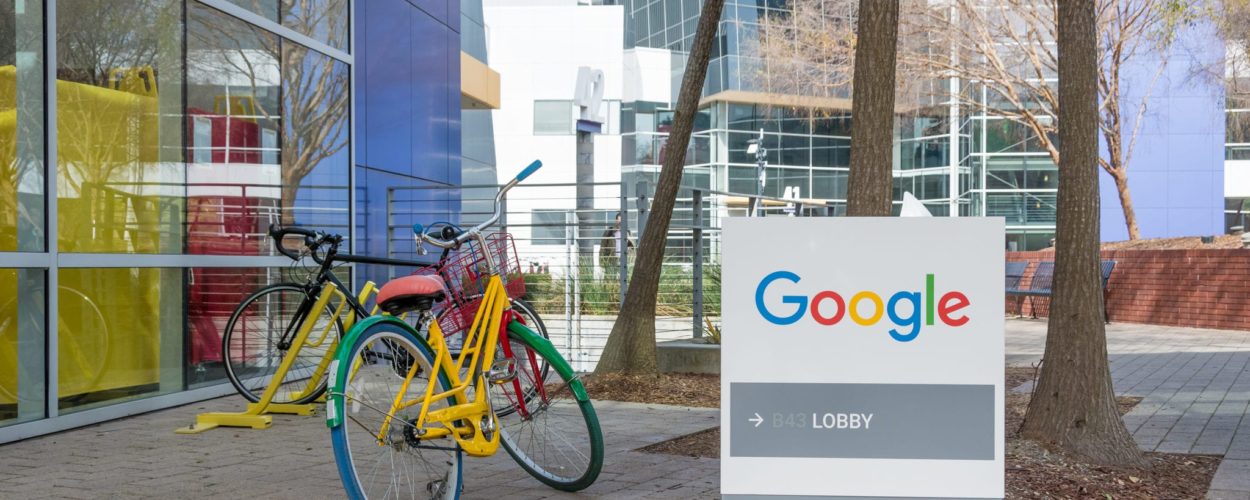
We recently addressed a trend in the business world of enterprises building their own startup incubators and learned that the reason for it is the value the enterprises behind the incubators receive. Enterprises are able to open incubators and breed innovations in-house that could potentially be integrated within their products or services. If you haven’t yet read our latest piece exploring this trend, and would like to, click here.
Today’s post is addressing the newest company to announce an incubator program, news that has created a ton of buzz. Introducing the new Google Area 120 corporate incubator.
Google has long advocated knowledge sharing and collaboration, and in the past few years have increased their work with startups through the creation of (Google) Campuses where they run entrepreneurship programs and co-working spaces. Furthermore, Google has been a longtime champion of startup acquisitions, averaging over 1 acquisition per month for the past few years.
But why did Google decided to open a startup incubator? Let’s explore!
When 20% Becomes 100% Incubator
The search engine mammoth has proudly spoken about their excellent employee program. Take the “20% time” project for example, which was started by Google founders, Larry Page and Sergey Brin, in 2004 to promote creativity and innovation within the company.
The 20% idea not only allows for, but encourages Google’s employees to partake in creative and imaginative side projects for 20% of their work time. The desired end result is a boost in creative thinking, which leads to innovative technologies, many of which, have been developed into Google projects – think AdSense or its minor friend, Gmail.
“We’ve always had a strong interest from within Google for people to go work on new things and have developed many of our products internally that way. At our scale, we want to make sure that there is a thoughtful way by which you give an avenue for those projects to be ambitious.” – Google CEO to Forbes on the launch of Area 120
When current Google CEO, Sundar Pichai, confirmed the creation of Area 120, whose name stems from the 20% project, it was immediately understood that the incubator was created with Google employees in mind.
Keeping Talent Close
 While the “20% time” project has brought great results, many Google employees have left the Googleplex in favor of carrying out their own visions. Several of the exGooglers who founded startups were met with great success. One example is Evan Williams, cofounder of Twitter and then social search startup, Aardvark, which was bought by Google for $50 million.
While the “20% time” project has brought great results, many Google employees have left the Googleplex in favor of carrying out their own visions. Several of the exGooglers who founded startups were met with great success. One example is Evan Williams, cofounder of Twitter and then social search startup, Aardvark, which was bought by Google for $50 million.
Though the success of ex-Googler’s is fantastic, Google would prefer to keep the talent in house, and the way they’ve chosen to do that is through the creation of Area 120. The Google incubator is therefore, more than anything else, a way to ensure that Google stays ahead of the market in terms of innovation. By letting Google employees (individuals and teams) participate in Area 120, Google will be able to harness ideas and simultaneously run Proof-of-Concepts (PoCs) in various industries.
Startups that test concepts successfully and have a viable product after the incubation period, will be able to pitch their idea to Google to get more funding. A win for the startup, yes, but even more so ensuring that Google gets first dibs.
Differentiating Factor for the Incubator
Unlike other enterprise-founded incubators, Google is one of those few companies that touches almost every industry. As a result, the startups within their incubator will not be limited to test startup concepts that are in line with the needs of Google, but rather will enjoy creative freedom to devise truly game-changing technologies and products.
In a world where enterprises searching for PoC opportunities have fewer options and more competition, enterprise run incubators have the potential to give companies the upper hand, but only if done right.
We can’t wait to see the innovations that come out of Area 120!